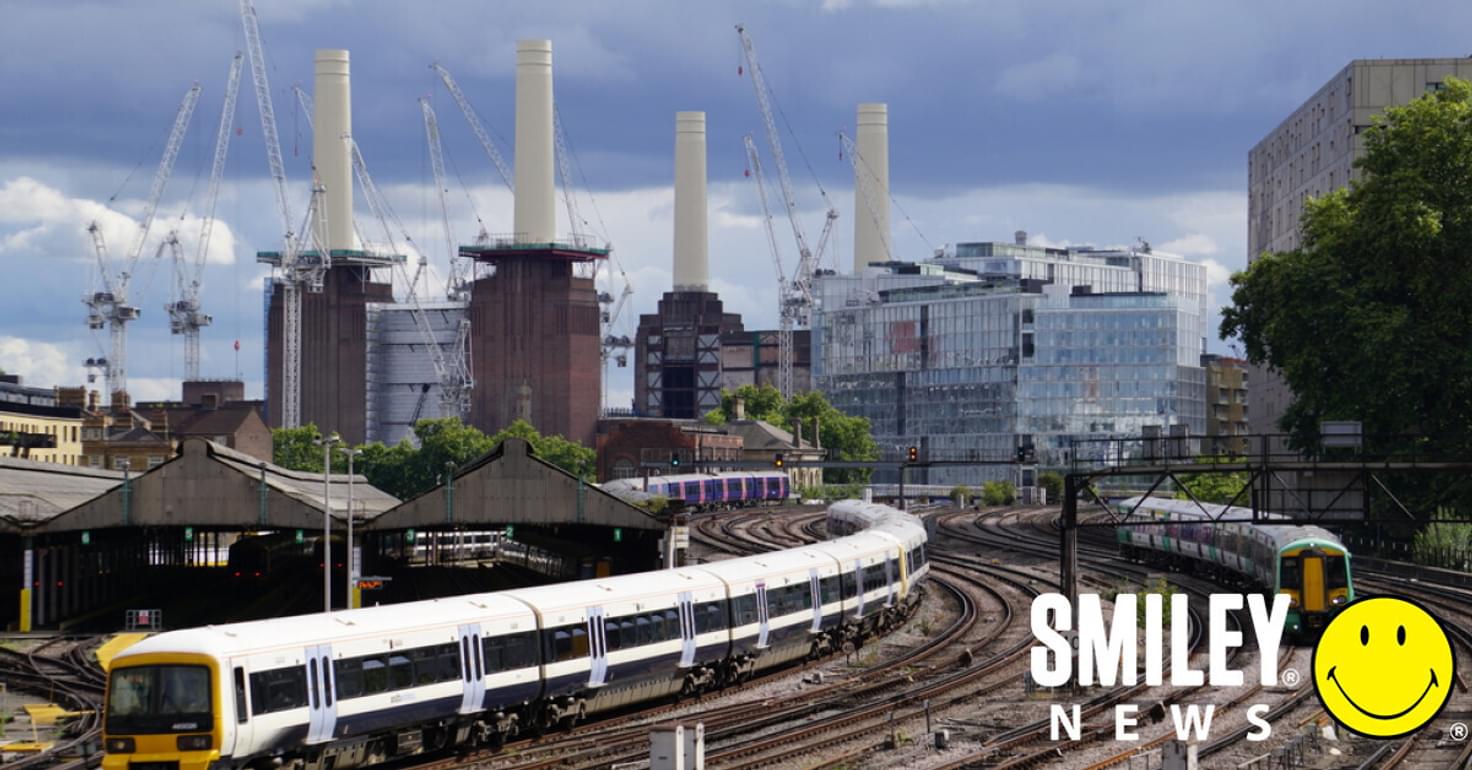
Words by Smiley Team
Lee Woolcott-Ellis is a hero. But he wouldn’t want you to call him that.
He’s the Mental Health Lead Manager at Southeastern, and launched the Railway Mental Health Charter that has helped improve the wellbeing of thousands of people in the railway industry.
His journey to becoming the mental health lead at the railway company came from his own experiences. “It seems like a lifetime ago,” he says, telling Smiley News about the beginning of his journey. “In 2017, I published a book about my mental health journey – and that, for me, was really the culmination of a very traumatic childhood and struggling in adult life.”
Lee seeked out support for his mental health in his 50s, and through a period of Cognitive Behavioural Therapy (CBT), he was helped face the struggles of his past. He was diagnosed with complex PTSD. “Once you recognise it, you can turn things around,” he says.
[Discover other businesses who are giving back to people and the planet on Smiley News]
After he’d been through therapy and published his book, Lee started to recognise other people’s behavioural traits that he had previously seen in himself. “I started wondering how they were,” he says. “And I came up with the peer-to-peer advocate programme.”
Lee told his employer that they needed to look at how they can support people who are struggling at work, giving them an opportunity to talk to a trained individual. Soon after, in October 2018 on World Mental Health day, they launched the programme.
In the first year, he recruited 10 colleagues from within Southeastern who volunteered, and put them through extensive counselling training with the BACP. “It was a huge success,” he says. “It was run by colleagues, for colleagues.” Since launch, they have supported more than 1,100 colleagues.
Southeastern had previously aligned to the Time to Change framework. When it disbanded in November 2020, Lee started searching for a new charter to align to – it was at this point he decided to create his own mental health charter for the railway industry. The aim was to get the industry to align themselves to it.
Lee did a lot of research and development and built a charter for the industry with the Rail and Safety Standards Board firmly behind it. They started sharing it within the industry from May 2021 – there was no charge for any company to sign up, they just wanted organisations to come on board and support their colleagues. “We’re building an industry-wide framework of like minded organisations that are able to share and learn from one another,” he says. “That’s something coming out of it in such a great way.”
[Get your daily dose of positive news stories to uplift your spirits]
The charter already has 50 organisations who have signed up, including TfL, Eurostar and the London Overground.
“It’s absolutely incredible,” he says, “creating a standard of mental health and wellbeing support across the industry. It’s so exciting, we’re reducing the stigma of people asking for help – that’s massive.”
In 2020, Lee’s role became the mental health lead full-time, having previously worked as an onboard manager on the trains. He still manages the peer-to-peer programme, and he is now directly available to support anything and everything to do with mental health – from passengers, to business, or industry.
Most recently, Lee has introduced specialist advocates in the peer-to-peer programme. He explains: “We identified that many of us [counselling trained] have a particular journey ourselves – and we have a passion for supporting people with that.
“Some advocates champion particular subject areas, such as endometriosis, autism, family bereavement, PTSD, social anxiety. They are professionally trained but also put out there what they’ve been through, which gives another level of engagement to our employees.”
To find out more about the Railway Mental Health Charter, visit the the RSSB website.